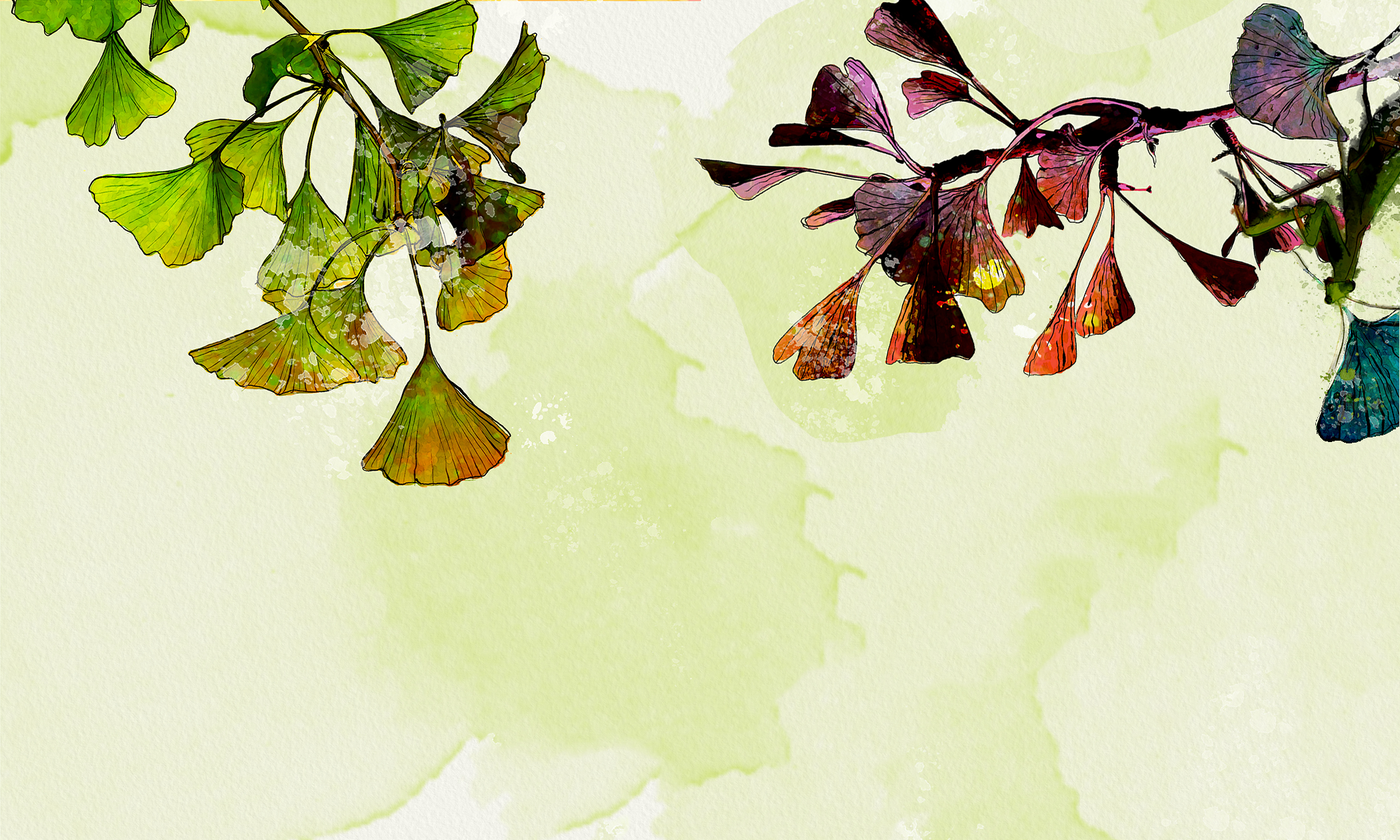
Mantis 20 (Spring 2022)
Retrospective
Translated from the Russian by Vitaly Chernetsky
Shamshad Abdullaev
Летняя тяжесть
Поезд медленно взбирается на холм, медленно,
заставляя думать об этом, и неизвестно,
что более медлительно, сама эта медлительность или же
мысль о ней. Страшные, сухие колеса мучительно давят
на маслянистые рельсы, словно поезд стоит на месте,
а вершина холма, поддавшись его инертности, спускается,
подползает к нему, раздвигаясь вширь; и виды пейзажа
в окнах вагонов однолико повторяют друг друга –
точно фальшивые картинки, грубо приклеенные
к вертящемуся барабану, который к тому же
вращается с большей, удвоенной, медлительностью,
чем он может. В удушливом купе глохнут голоса мужчин
(пассажиры), и воздух тяжелеет, как расхлябанная дверь.
Только щелочка в открытых мужских губах не задета
крупинками пота, только она противится постыдной слабости.
Лица под летней пыткой – когда-то упрямые и уверенные,
теперь невнятные и влажные – ничего не выражают
или выражают некую подлинность, которую
черты лица доносят неправильно. Мужская рука
тянется к стакану, чьи стенки накалены
от темно-красного чая, и вдруг замирает
невесомо над ним, точно
в стоп-кадре, но волокнистый пар клубится сквозь прорези
недвижных пальцев. И пепельная занавеска, утратив
естественный цвет, горит целиком от пышного солнца,
ослепляющего холмы. Вдоль этих холмов
теснится скрюченная зноем растительность:
белесоватая поросль, уже узловатая, кое-где выжженная,
измученная вялостью, но совсем не той, что зовется вялостью,
лишенная достоинств, кроме этой недостойной зримости. И все же
она клубится, похожая на пар, который вздымается рядом
с протянутой рукой, – струится вверх, чтобы казалось, будто
рука оседает и падает мимо еще не остывшего стакана.
Summer Heaviness
The train slowly climbs the hill, slowly,
forcing one to thing about this, and it’s hard to say
what is more sluggish, this very sluggishness or
the thought about it. Frightful dry wheels, in torment, press down
on the oily tracks, as if the train were standing in one place,
and the top of the hill, yielding to this inertia, descends,
crawls towards it, spreading out to the sides; and the landscape views
in the train car windows repeat each other, as if they all had the same face –
as if these were counterfeit pictures crudely glued
onto a rotating drum that on top of everything rotated twice as slowly
as it normally can. In the suffocating compartment men’s voices fade away
(the passengers), and the air grows heavier like the loosely hanging door.
Only the crack of open male lips isn’t touched
by droplets of sweat, it alone resists the shameful weakness.
Faces under summer torture – once defiant and self-confident,
now inarticulate and moist – don’t express anything
or express a certain authenticity that
the facial features render incorrectly. A man’s hand
stretches out toward a glass whose walls are incandescent
from the bright-red tea, and suddenly freezes
weightlessly above it, as if
in a freeze frame, but the fibrous steam swirls through the slits
between the immobile fingers. And the ashy window curtain, having lost
its natural color, is all enflamed from the luxuriant sun
that blinds the hills. Along these hills
stretches tightly growing vegetation, curled up from the heat:
whitish sprouts, already knotty, sometimes scorched,
tormented by limpness, but not at all the limpness that is known as such,
devoid of merit except for this unworthy visibility. And still
it swirls, resembling the steam that rises next
to the stretched out hand – it flows upward, so that it would seem that
the hand sinks, and falls right by the glass that still has not cooled down.
Uzbek writer Shamshad Abdullaev (b. 1957), of the famous Fergana School, is a leading voice in decolonial Russian-language poetry.
Vitaly Chernetsky is a native of Odesa, Ukraine, and a leading scholar and translator of Ukrainian literature.
